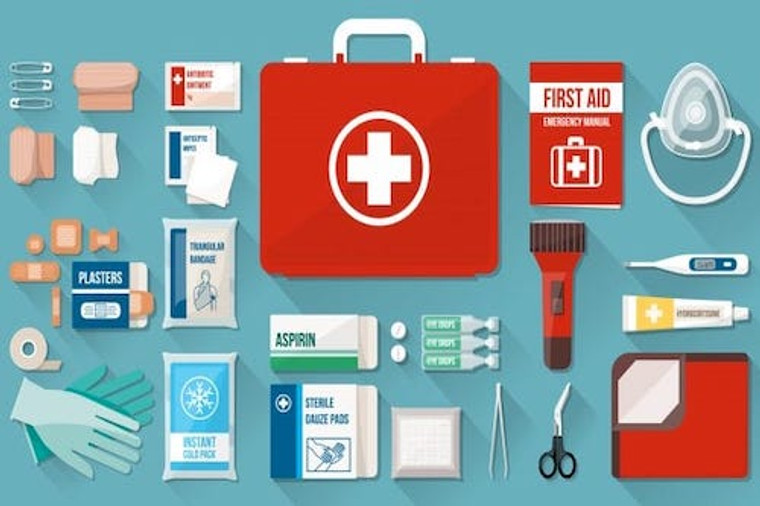
While some people travel far carrying little more than spare band aids and a few paracetamol, there are a number of great reasons to pack a well thought out medical kit in your luggage. For one, when you travel to some countries, you are at a higher risk of developing health problems, such as flu or an upset stomach, due to poor food and water quality, and overall hygiene. And when you embark on some types of travel, such as a cruise, buying over-the-counter medications can be expensive with a limited choice of products. And increasingly, the risk of buying fake medications and prescription drugs in some countries is high. So what should you consider packing and why? Firstly, if there are over-the-counter medications you use on a regular basis, such as antihistamines or sinus remedies, pack enough of these to get you through an entire trip plus a few days extra. And when it comes to prescription medicines, be even more vigilant. Retain medications in their original containers with clear labels, and carry them in your hand luggage along with copies of your prescriptions and ideally a letter from your doctor stating the names of the medicines, the dose and confirming that they are for your personal use. It’s also a good idea to have the generic name of each drug on hand to avoid confusion with trade names in foreign countries. And as some countries do not allow visitors bring in certain medicines, check your list first with the embassy or consulate in Australia before you travel.
For day-to-day use, an analgesic pain relief medicine such as paracetamol or aspirin should also be in your kit, along with a basic antiseptic solution to clean scrapes or cuts, and an antiseptic cream to treat them. Also include a low dose hydrocortisone cream and antihistamine tablets to handle insect bites, skin irritations, topical allergies, and any other minor skin issues. Anti-diarrhoea tablets and an anti-emetic might save your embarrassment on the road should your digestive system come under attack, and a standard cold and flu remedy is also a good idea to help ease symptoms if you should develop the sniffles. Fluid and electrolyte replacement powder or tablets can also be really useful if you get sick, along with motion sickness tablets if you are at risk. Pack a decent collection of band aids of various sizes, along with some medical adhesive tape, wound dressings and Steristrips, which can often take the place of stitches in an emergency. And for practical use, include a small pair of scissors can be useful (but remember not to pack them in a carry on bag as you’ll lose them at the customs check) along with a pair of tweezers, a few small packets of tissues, hand sanitiser, and a pack of flushable, sensitive skin wet wipes which can be used to clean hands and other parts of the body or anywhere else in case of accidents or spills. And most importantly, always purchase a good travel insurance policy before you travel.
- By:
- Joanna Hall






